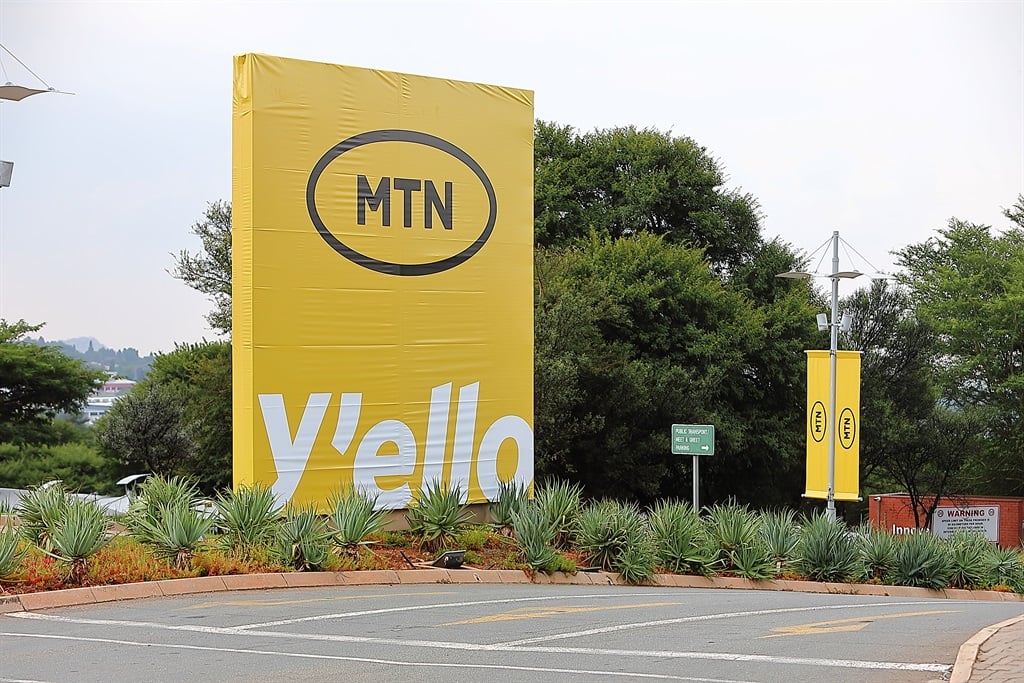MTN and South African Revenue Services (SARS) are battling a case where the mobile network operator demands clarity about how VAT should apply to airtime vouchers according to PricewaterhouseCoopers (PWC)
Currently, SARS demands that operators collect South Africa’s 15% VAT from airtime voucher purchases at the point of sale.
This creates several problems, and MTN asked SARS for a binding private ruling in November 2017 to reclassify its airtime vouchers and only deduct VAT when airtime is consumed.
When SARS ruled that MTN must continue to collect VAT on airtime vouchers at the point of sale before they are redeemed for services — the operator took the matter to court.
The High Court ruled against MTN on 12 January 2021, and the operator took the matter on review to the Supreme Court of Appeal (SCA).
The Supreme Court dismissed its appeal on 24 October 2022, saying MTN should follow the taxman’s standard dispute procedures.
In dismissing MTN’s appeal, PWC said the Supreme Court passed on an opportunity to clarify an important issue and created several practical difficulties for businesses.
It explained airtime vouchers could fall into two categories. They could be:
- For unspecified goods or services, where VAT is collected on redemption.
- For specific goods and services, where VAT is collected when the voucher is first sold.
Based on an Explanatory Memorandum on the Value-Added Tax Bill, 1991, the first category is covered by section 10(18) of the VAT Act, while the second falls under section 10(19).
MTN contends that airtime vouchers should be treated under section 10(18) since the rand value could be used to buy various services.
It submitted nine pages of different services it offers that customers can buy with airtime.
SARS argued that MTN’s extensive list proves that the voucher entitles the holder to a set of specified goods and services.
Although the Supreme Court dismissed MTN’s application on procedural grounds, it also said the High Court had made a mistake in ruling against the mobile operator.
In the SCA’s opinion, the High Court’s declaratory relief was inappropriate.
Instead, MTN must submit its tax return in which it treated vouchers under section 10(18).
SARS will presumably reject the return and issue an assessment, to which MTN could object.
An analysis by PWC partners Matthew Besanko and Rodney Govender, with senior manager Joandri Fourie and senior associate Faye Nair states that the SCA’s decision creates several practical problems.
“The reality in this case is that MTN offers an extensive and ever-expanding service offering to its customers and in our view this ought to have been considered with more weighting,” they said.
“On issuing the voucher, MTN would never know the specific goods or services the holder will redeem using the voucher, as this decision will only be made by the consumer on redemption.”
Importantly, MTN’s list of services may include VAT-exempt products like funeral policies, or zero-rated ones like roaming bundles.
In the case of funeral policies, voucher suppliers like MTN could not even apply the provisions of section 21 of the Act to reverse the VAT with a credit note as none of the listed circumstances apply.
“This outcome goes against the construct and purpose of the VAT Act,” PWC stated.
“To draw a comparison, if a customer purchases, as an example, a grocery voucher, which entitles it to a list of all the groceries supplied by the grocer (standard and zero-rated groceries), does it mean that this voucher must be treated under section 10(19), despite the vendor having no knowledge as to the specific goods or services the voucher may eventually be redeemed for?” it asked.
“This is certainly not the purpose of section 10(19).”
PWC also noted that SARS seems to contradict itself in its own Draft Interpretation Note on the VAT treatment of vouchers.
It states that section 10(19) vouchers are for when vendors can establish the nature of the goods or services to be supplied, and the applicable VAT rate.
“Due to the outcome of the SCA judgment, there is no change in the manner in which these vouchers have historically been treated for VAT purposes,” PWC stated.
“However, with the continuous evolving nature of business and the industry, this position will cause many practical difficulties.”
PWC said resolving the practicality around these issues is substantial if airtime vouchers are not treated under section 10(18) of the VAT Act.
“A definite answer [and] certainty on this is definitely required to ensure a correct application of VAT.”
Source: My Broadband

